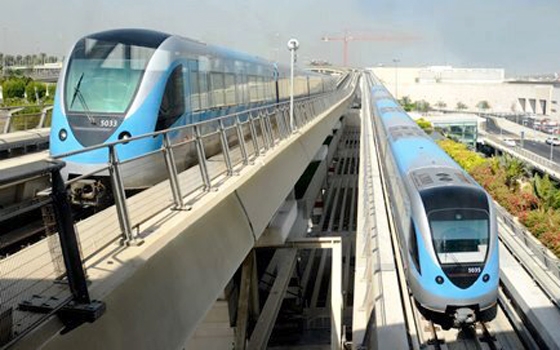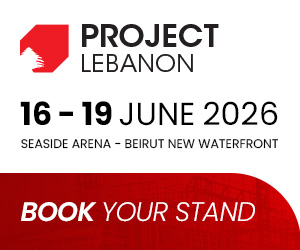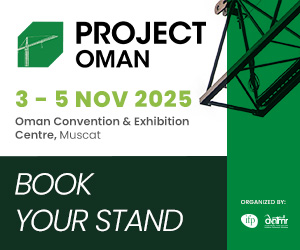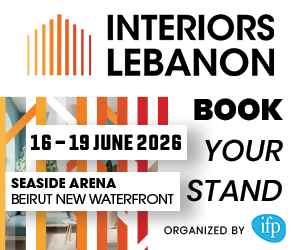The GCC is undergoing a rail revolution, unmatched anywhere in the world that will see a rail network linking six countries operational before the end of the decade.
Billions of dollars is being poured into new rail projects as governments across the region look to boost transport systems from massive freight projects linking ports on the Arabian Gulf and the Red Sea to futuristic passenger train plans, which will transform the way people travel between cities.
Here are 10 of the region's most exciting transport projects.
1. Dubai Metro: Opened in 2009, it was the first urban train network in the Middle East. There are plans for three additional lines and the $4.2 billion Dubai Metro will be extended south as part of the city’s Jebel Ali development for EXPO 2020. Work on the 15km extension begins now and will be completed by 2018.
2. Doha Metro: The first urban railway in Qatar’s capital city, the Doha Metro will have four lines with an approximate overall length of 300 km and 100 stations. It will be an integral component of Qatar Rail network, which includes a long-distance rail for passengers and freight, linking Qatar to the GCC, and Lusail's city local light rail transit (LRT). Phase 1 is due for completion in 2019 and contracts worth $15bn have been signed.
3. Jeddah Metro: Saudi Arabia has already announced plans to start bidding for the Jeddah Metro, the first train system in the kingdom’s second largest city. The $12bn project will be fully operational by 2020 with a 149 km system of which 20 km would be underground. The metro would mostly use elevated viaducts connected to three proposed lines.
4. Riyadh Metro: Part of the Riyadh Public Transport Project, the $11bn rapid transit system stretching across the Saudi capital is currently under construction with an estimated completion date of 2018. The Riyadh metro will be 178km long with six lines and 85 stations including underground, elevated and at-grade sections.
5. Etihad Rail: Etihad Rail’s 1,200 km network will extend across the United Arab Emirates, from the border of Saudi Arabia to the border of Oman. The $10.8bn network will run from Ghweifat to Abu Dhabi, Dubai and the Northern Emirates with major connecting points in between, including Al Ain and Madinat Zayed. It will offer both freight and passenger services and the first phase completed in 2014.
6. Al Haramain: The $11.1bn high-speed train will link Makkah and Madinah through Jeddah and will also operate between Madinah and Rabigh. The train will cross the distance between Jeddah and Makkah in 30 minutes and the distance between Makkah and Madinah in 2.5 hours. The first phase out of two is expected to be completed by the end of 2015.
7. Kuwait Metro: Work on the estimated 61 stations of the $20bn Kuwait Metro is expected to start in 2017 and will be distributed along three railroads to cover all areas and governorates of Kuwait. The first railroad covering 23.7 kilometers will start from Salwa area and end the station of Kuwait University, passing through 19 stations.
8. Oman Rail: The estimated total length of the $15bn Oman National railway network is 2135km which is divided into several segments linking Oman's borders with the UAE to Muscat. As part of the GCC Railway Network, the railway also connects to the southern parts of the country – Port of Al Duqm, the Port of Salalah and the Yemen border. It will include both freight and passenger trains and is expected to be fully operational by 2018.
9. GCC Rail: The massive $200bn railway project will connect all six Gulf nations. Estimated to be fully operational by 2018, the GCC rail will allow easier and quicker access between each country, connecting to local railways such as tram lines and metros. It will run down the Gulf coast from Kuwait, through Saudi Arabia, to the UAE and Oman, with branches linking Bahrain and Qatar.
10. Dubai Tram: the $1bn Phase 1 of the Dubai Tram opened in November 2014. The second phase of the Dubai Tram has been announced which will extend the track by 4km and link the tram network with Mall of the Emirates. Phase 3 will extend along Jumeirah Beach Road and to 2nd December Street by 2025.
ifpinfo
14 May










































































